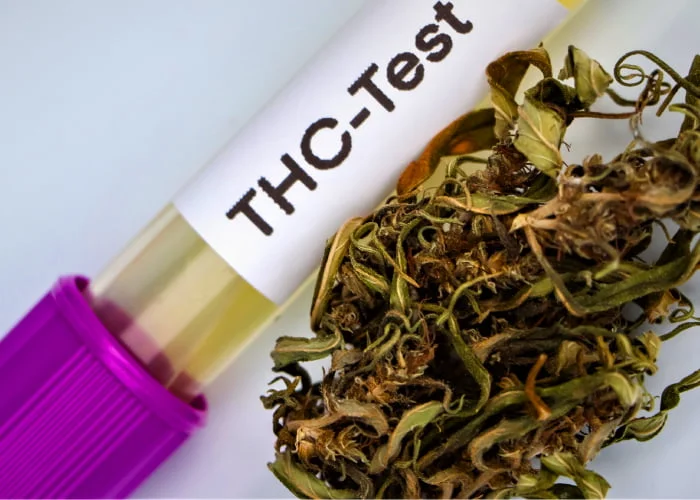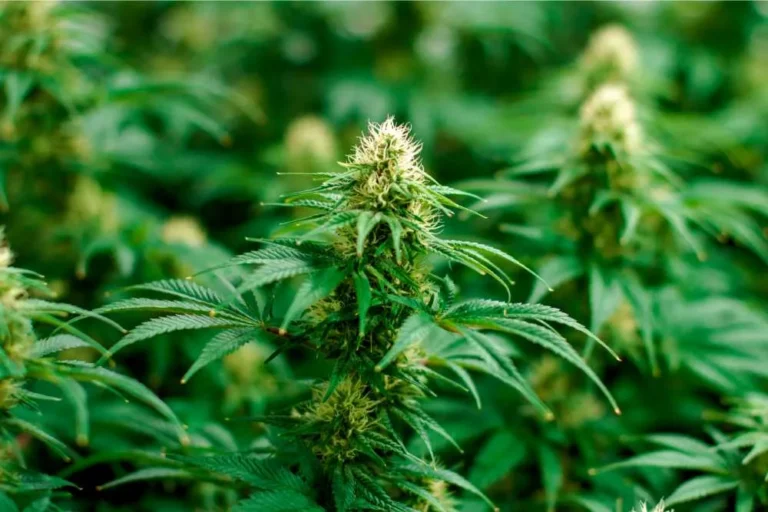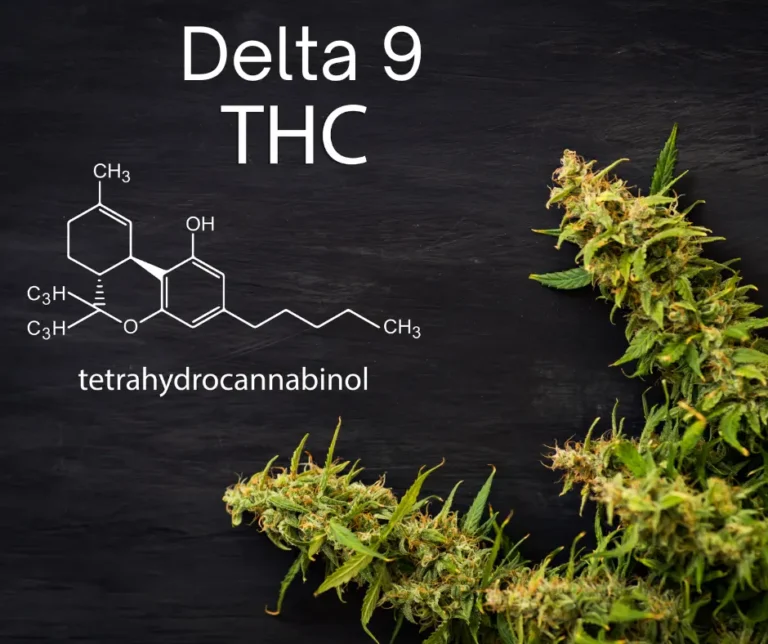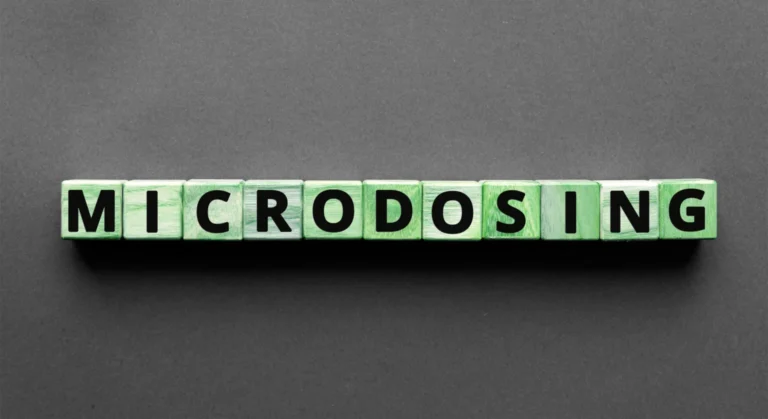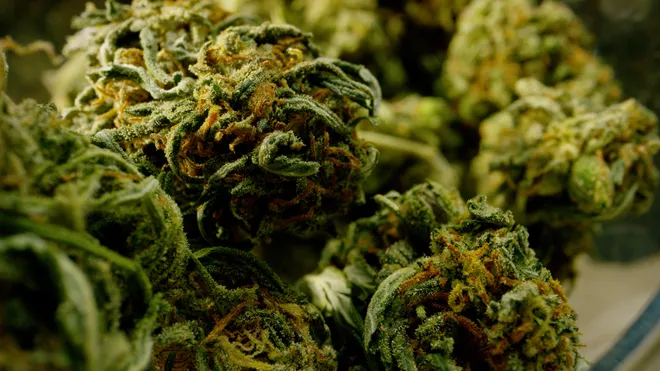Does Delta 9 Lower Blood Pressure
Delta-9 tetrahydrocannabinol (THC), the main psychoactive compound in cannabis, significantly impacts the central nervous system. As cannabis research expands, interest grows in how Delta-9 THC affects various health areas, particularly cardiovascular function and blood pressure. For those with hypertension or cardiovascular concerns, understanding Delta-9 THC’s potential influence on blood pressure is essential.
Delta-9 THC and Cardiovascular Health
Delta-9 THC engages the body via the endocannabinoid system (ECS), which oversees functions such as mood, appetite, pain, and inflammation. The ECS contains two primary receptors: CB1 receptors, largely located in the brain and central nervous system, and CB2 receptors, found in the immune system and peripheral organs. Delta-9 THC has a high affinity for CB1 receptors, resulting in psychoactive effects and impacting physiological responses like blood pressure.
Following intake, Delta-9 THC may temporarily elevate heart rate and, in some cases, blood pressure—a reaction known as tachycardia. This initial response, as the body acclimates to THC, may be brief and diminish with increased tolerance. However, for individuals with existing cardiovascular conditions, even a short-term rise in blood pressure can be significant and warrants caution.
Potential Hypotensive Effects of Delta-9 THC
Following an initial increase in heart rate and blood pressure, some research indicates that Delta-9 THC may produce a hypotensive, or blood-pressure-lowering, effect. This secondary phase occurs as the compound’s psychoactive effects begin to wane, allowing blood vessels to dilate and potentially reducing blood pressure in some cases. This hypotensive response may be of interest to individuals exploring natural options for hypertension management. However, the effect is typically mild and may not offer consistent or reliable outcomes for sustained blood pressure control.
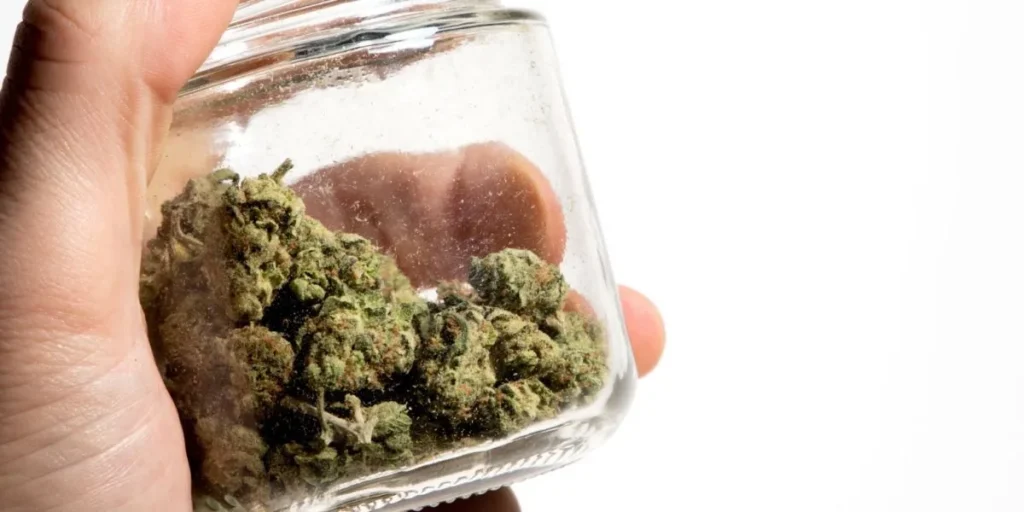
Factors Affecting Delta-9 THC’s Impact on Blood Pressure
Delta-9 THC’s effect on blood pressure varies significantly among individuals, shaped by factors like dosage, tolerance, usage frequency, and existing health conditions. Lower doses tend to offer a sedative effect that may aid relaxation, potentially lowering blood pressure. Higher doses, however, can elevate heart rate and blood pressure. As a result, the interaction between Delta-9 THC and blood pressure can be complex, influenced by unique physiological and lifestyle factors.
Consumption Method and Blood Pressure Response
The method of Delta-9 THC consumption also plays a key role. Inhalation (smoking or vaping) produces quicker but shorter-lasting effects on blood pressure, while edibles, with their delayed onset, cause a gradual THC release that leads to longer-lasting, sometimes more pronounced cardiovascular effects.
Delta-9 THC, Stress, and Blood Pressure Management
Delta-9 THC’s potential to alleviate stress and anxiety may indirectly support blood pressure management, as stress reduction is crucial for cardiovascular health. By engaging CB1 receptors in the brain, Delta-9 THC can encourage relaxation and ease stress, which may stabilize blood pressure. However, excessive use can trigger anxiety or paranoia in some users, which could counteract any hypotensive benefits and lead to stress-induced blood pressure increases. A moderate approach, aligned with personal limits, is essential for managing stress-related blood pressure impacts with Delta-9 THC.
Considerations for Those with Hypertension
Individuals with hypertension or cardiovascular concerns should approach Delta-9 THC use cautiously, ideally consulting a healthcare provider. While Delta-9 THC may temporarily lower blood pressure, its potential to initially increase heart rate and cause anxiety warrants caution, as these effects may impact cardiovascular health. Those on blood pressure medications should be aware of potential interactions with Delta-9 THC, which could amplify or diminish the effectiveness of these drugs.
Ongoing Research and Potential Cardiovascular Benefits
The relationship between Delta-9 THC and blood pressure is a subject of ongoing research, with some studies indicating that cannabinoids may offer cardioprotective effects. Although the long-term impact of Delta-9 THC on blood pressure is still unclear, there is potential for cannabinoids, including THC, to contribute to hypertension treatment options. Further research is essential to confirm the safety, efficacy, and mechanisms through which Delta-9 THC affects blood pressure in diverse populations.
Conclusion
Delta-9 THC’s impact on blood pressure is complex, shaped by variables such as dosage, physiology, and consumption method. While low to moderate doses may provide limited hypotensive effects, caution is recommended, especially for those with heart conditions. A healthcare provider’s guidance can be valuable when considering Delta-9 THC as part of a wellness routine, helping to maximize safety and potential benefits for cardiovascular health.

